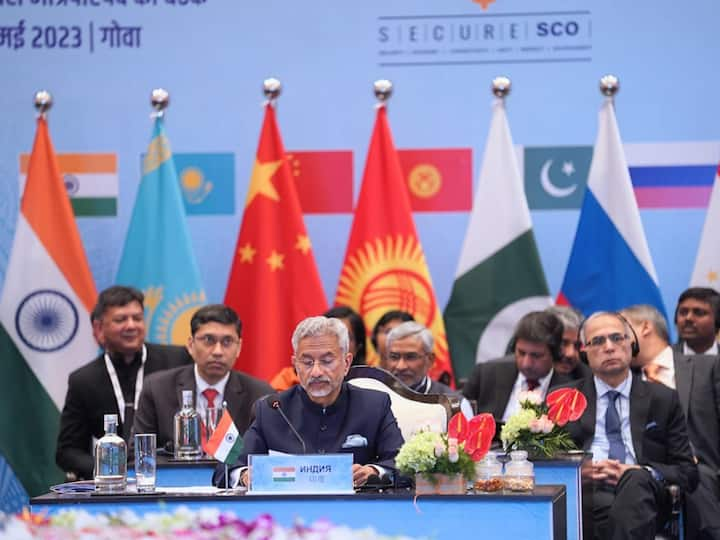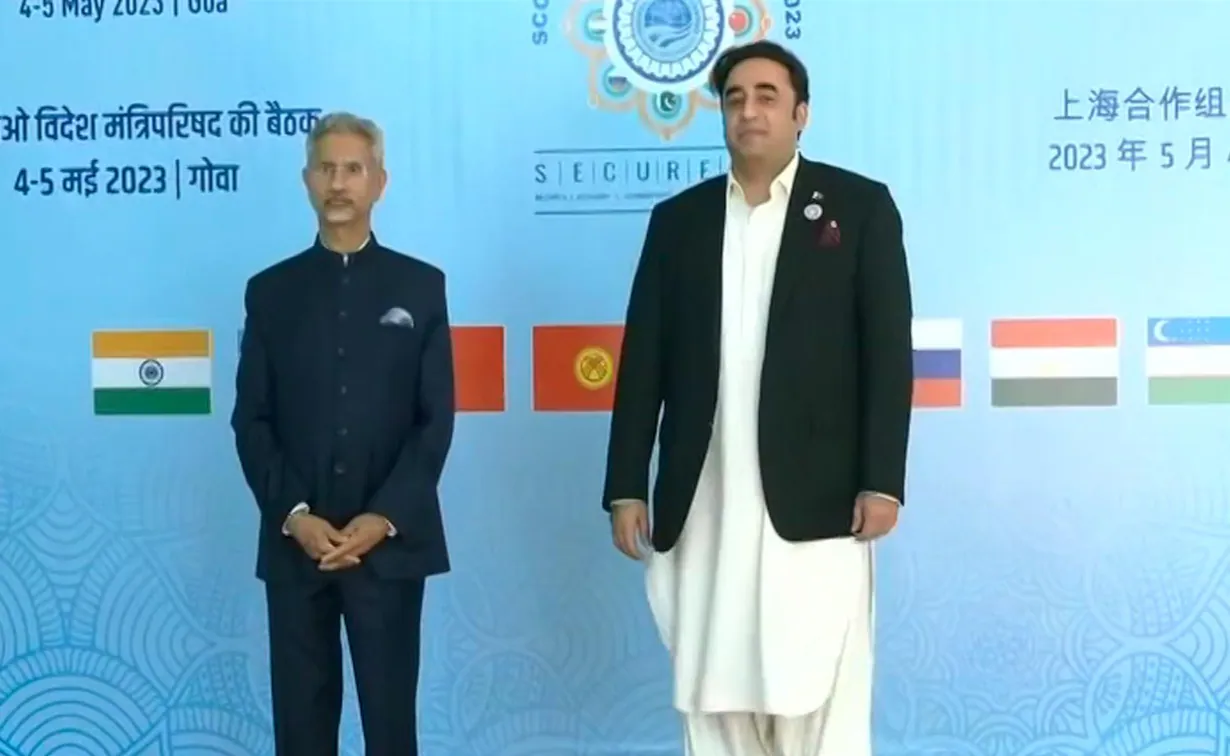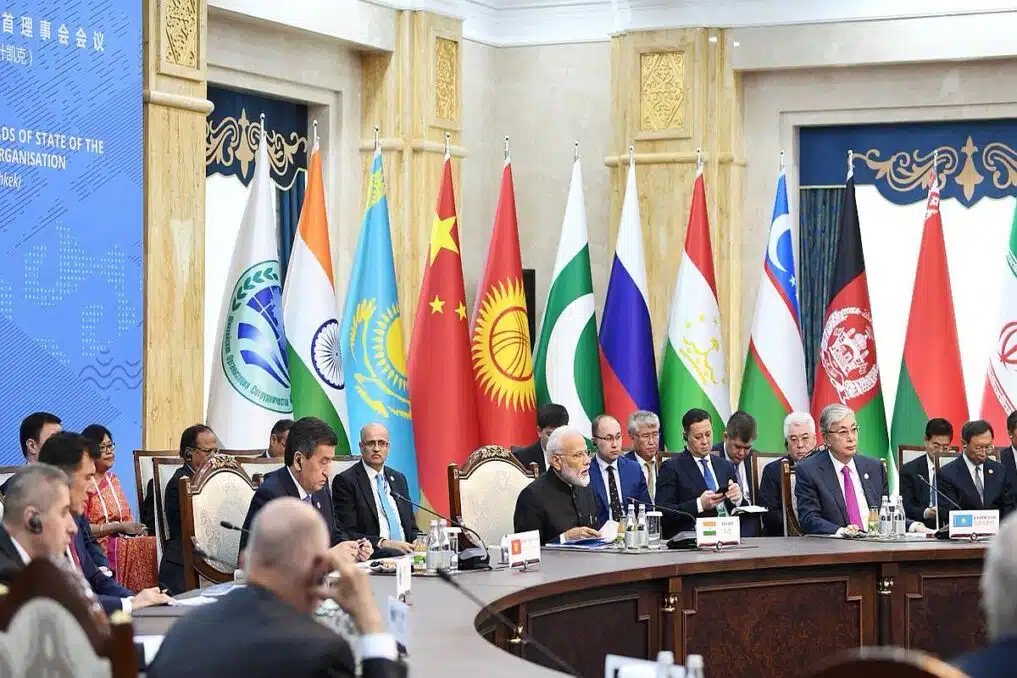The Shanghai Cooperation Organisation’s foreign ministers meeting culminated in the foreign minister of Pakistan, Bilawal Bhutto Zardari, terming the trip to India a “success“.
Table of Contents
1. What is the latest development?
On Friday, India hosted the 2024 SCO foreign ministers meeting in Goa. In a historic move, Bhutto is the first foreign minister of Pakistan to visit India since 2011. As the meeting underwent in Goa, a plethora of issues were picked up for the event, including combating cross-border terrorism among other avenues of discussion. The Indian foreign minister, Dr. S. Jaishankar, met with his Russian and Chinese counterparts for further bilateral engagements.

One of the key highlights of the meeting was the remarks made by Bilawal Bhutto, averring that “terrorism should not be weaponized in any manner to seek diplomatic points”. However, it was met with severe backlash from the Indian side. As per the statements, Jaishankar called out Bhutto for being the “promoter of the terrorist industry and Pakistan for being the safe haven for the terrorists”.
2. SCO foreign ministers meet
As per the press statements released, Jaishankar asserted that Article 370 is history and asked the Pakistani side to “wake up and smell the coffee”. He reiterated the firm Indian stance that Jammu and Kashmir is and will remain an integral part of India and that the interference in the organisation of the G20 summit in Srinagar will not exert even an iota of influence on New Delhi.

The external affairs minister also met his Chinese counterpart, Qin Gang, and stated that relations with China are “not normal”, and are contingent on the border situation. India-China relations have been embroiled in border tension since the 2020 Ladakh incident.
3. What is SCO?
The Shanghai Cooperation Organisation (SCO) is a regional intergovernmental organisation that was instituted in 2001. It succeeded the erstwhile Shanghai Five, which was formed in 1996. The SCO’s founding members include China, Russia, Kazakhstan, Kyrgyzstan, Tajikistan, and Uzbekistan. In 2017, India and Pakistan joined the organisation. The total number of members in the organisation is eight, while there are four observer nations: Belarus, Iran, Afghanistan, and Mongolia.
The main task of the organisation is to cooperate on issues of regional importance, including security, stability, and connectivity. The headquarters of the organisation is in Beijing, China. The 2022 presidency of the organisation was with Uzbekistan, and the 2024 presidency is with India.
The Friday meeting in Goa had numerous bilateral discourses, but the peace deal between India and Pakistan was not on the table. Bilawal Bhutto remarked that his visit to the SCO meeting is emblematic of Pakistan’s commitment to the organisation. Although with Pakistan the terms of engagement with India remain the same, the withdrawal of Pakistan-sponsored cross-border terrorism in Jammu and Kashmir.
4. India-China-Pakistan axis
SCO has always been shadowed by the India-Pakistan rivalry, which has impeded the growth of the organisation to yield substantive measures. Over the years, despite having truce agreements, both counties have been at loggerheads. After the Pulwama attack in 2019, India shut the avenues for all diplomatic talks, which further deteriorated the ties to an extremely abysmal state.
Pakistan has also time and again invoked Kahmire on numerous international platforms and asked India to avoid taking any “unilateral action” and follow the United Nations treaties”. However, as Pakistan plummets into an existential crisis and domestic turmoil while at the same time supporting “state-sponsored” terrorism, it loses its credibility as a responsible nation.
Further, the China-Pakistan bonhomie lessens the scope of any rapprochement with India. However, this SCO presidency allows India to leverage its diplomatic vantage and fructify these engagements into a long-term peaceful measure in the region.













